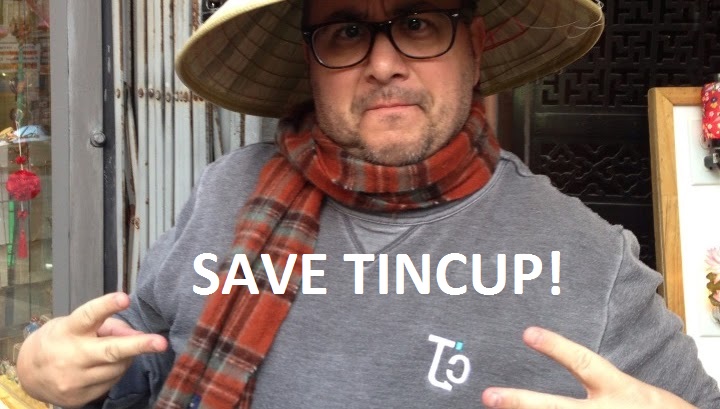I have a pin in my office I picked up a couple of years ago at the SHRM National Conference from the Baudville booth (no this isn’t a paid post! But I love their company!), it says:
“I’m Kind Of A Big Deal”
I thought it was funny – it’s been stuck to the board behind my desk for over 2 years now. I like it because it reminds me daily – I’m not a big deal – far from it. In fact it makes me laugh when someone thinks I’m a big deal because I’m the President of a company, or because I write a blog (you know anyone can do this, right!?) or that at one point in my kid’s life they believed that I use to be Batman, but stopped to be a Dad. I’m not a big deal.
Here’s the thing about being a Big Deal. If you truly are a ‘Big Deal’ you don’t act like a ‘Big Deal’ – if you’re a wannabe ‘Big Deal’ then you certainly try and come across like a ‘Big Deal’. Do you follow me? Apparently getting an executive HR job in corporate America makes you a wannabe ‘Big Deal’ – or that might just be how certain HR executives like to treat almost anyone they come into contact with. You might think I would have to worry about writing something like this – but I don’t – wannabe ‘Big Deals’ don’t read HR blogs. Wannabe Big Deals read their own press clippings – which are usually those articles in the monthly employee newsletter, or local shoppers guide – because they’re a big deal.
I’ve never really understood the ‘Big Deal’ phenomenon. When I was on the corporate side of the desk I would get bugged by numerous calls from vendors and hiring managers and community groups – all wanting a piece of your time. I get it, it gets frustrating. Being a Big Deal has those draw backs – people wanting your time. Being a Big Deal, though, doesn’t give you a license to be an asshole. Asshole Big Deal is not the kind of Big Deal you want to be. Treating people like they are a small deal, does not make a Big Deal any bigger, it makes the Big Deal smaller.
I have people reach out to me frequently because of all the writing I do – I respond to each one as if I was responding to a coworker or friend. If I can’t help, then I will try and find someone who can. If I can help, I will. If they want me to sell their product – I will tell them how that works – I’m a really good salesperson if you pay me – I tend to be a really bad sales person if you’re asking me to do your job for free. At no point do I become a Big Deal – because I’m not.
But I have a blog which allows me to write about ‘Big Deals’ – I guess that’s something. I might have to reach out and ask Baudville if they’ll send me some of those pins so that when I run into ‘Big Deals’ I can make sure to send them one – just so everyone is clear on what who they are…

